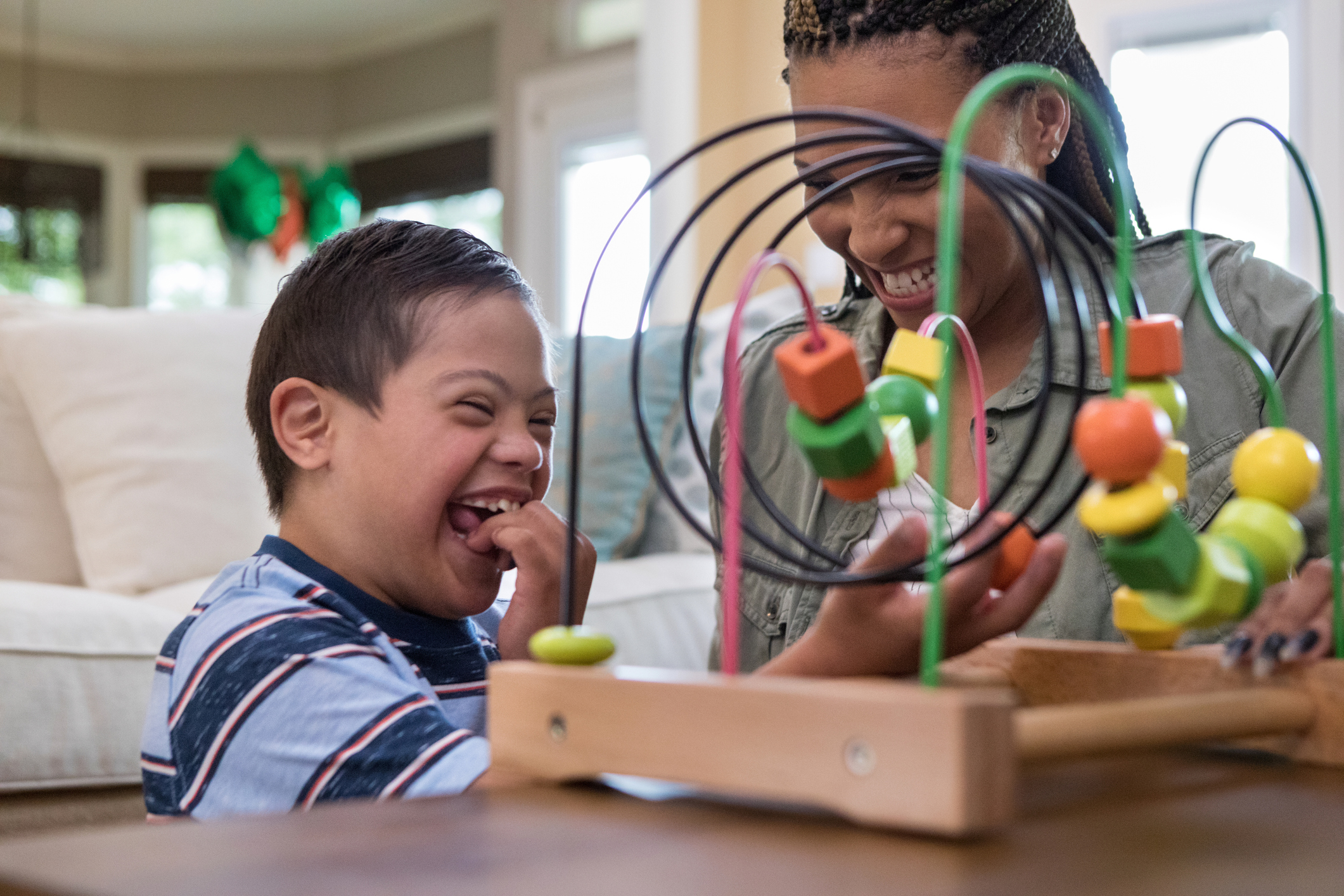Written by: Rashaad Young
Leadership, according to the Division of Early Childhood (DEC), is defined as “Leaders’ professional responsibility to use all the mechanisms within [one’s] control to create the conditions needed to support practitioners in implementing the Recommended Practices” (DEC, 2014, p. 6). Examples of leadership roles in early intervention (EI) and early childhood special education (ECSE) include administrators, early childhood coordinators, early interventionists, special education teachers, and speech pathologists.
When working with young children, caregivers often see EI/ECSE leaders as individuals with extensive knowledge and expertise in their field (i.e., special education teachers who have gone to school and been taught how to help children with disabilities). Therefore, professionals should demonstrate a commitment to a child’s success and the child’s family. In partnering with families to ensure children’s success, early childhood leaders can engage in the following activities recommended by DEC:
- “Leaders create a culture and climate in which practitioners feel a sense of belonging and want to support the organization’s mission and goals” (DEC, 2014, p. 6). Such an atmosphere helps everyone feel like their decisions or opinions matter.
- This can be done by ensuring that professionals (i.e., therapists, and special education teachers) have the tools they need to work within their specialty area and they are encouraged and supported in doing this work.
- “Leaders develop and implement policies, structures, and practices that promote shared decision-making with practitioners and families” (DEC, 2014, p. 7). This helps to ensure that families and professionals work together to do what is best for every child.
- For example, at an IEP meeting, professionals should ask caregivers to describe the behaviors they see in their child, concerns they have, and suggestions for goals on which to focus within the classroom, at home, and in the community.
- “Leaders belong to a professional association(s) and engage in ongoing evidence-based professional development” (DEC, 2014, p. 7). This practice can help keep professionals abreast of new knowledge in their field.
- An EI/ECSE professional could join DEC or the National Association for the Education of Young Children (NAEYC), or attend state or national conferences (i.e., Sharing a Vision in Illinois, Zero to Three LEARN Conference) to network and gain new knowledge and skills.
The DEC Recommended Practices on leadership which can help professionals working with young children with and without disabilities gain the support they need to succeed as they implement evidence-based strategies. This is actualized when parents and professionals work together and have leaders who create a welcoming environment that is supportive of all families and professionals.
You can find links to helpful tip sheets and resources in this document.
References
Batz. R., Blanchard, S. B., Rooks-Ellis, D. L., & Stegenga, S. M. (2023). Leadership: Leading from where you are. DEC Recommended Practices Monograph Series No. 9. Division for Early Childhood of the Council for Exceptional Children. Washington, D.C.: Division for Early Childhood.
Division for Early Childhood. (2014). DEC recommended practices in early intervention/early childhood special education 2014.
Image Credit: SDIProductions/iStock.com















